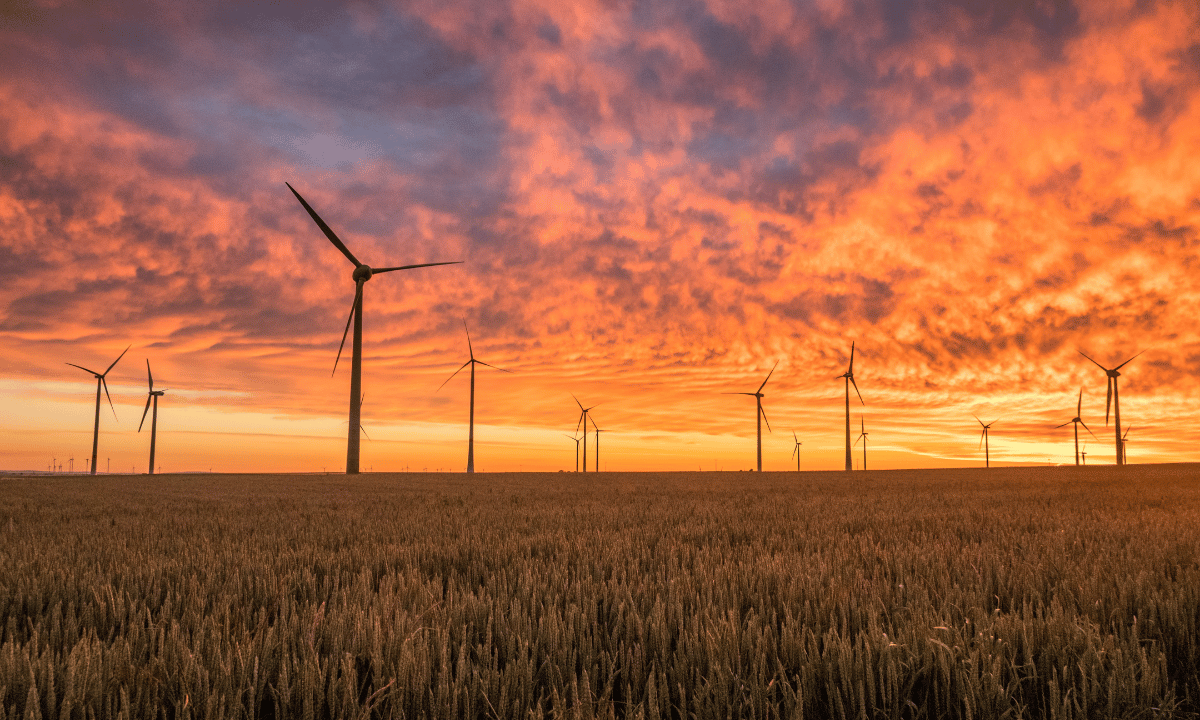Public utilities that prioritize purchasing carbon-free electricity are key to meeting the Biden Administration’s goal of shifting to 100-percent carbon-pollution free electricity throughout the U.S. by 2035. Americans whose power is produced by government-owned entities—federal power agencies like the Tennessee Valley Authority, rural electric cooperatives, and municipal utilities—might believe that these public power entities are more likely to be on target to meet this goal than the investor-owned utilities serving most Americans.
However, a recently released white paper written by VLS Energy, Environment and Land Use Program Director Caroline Cox and spring 2023 EELU Fellow Madeline Flynn ’23 explains that, in the case of TVA, the government-owned company may be making it harder for local public power companies to transition to clean energy.
Cox and Flynn focused their paper on TVA, the massive government-owned corporation that is the sole provider of wholesale electricity for a service region that includes most of Tennessee and swaths of six adjacent states, because of its unique status as a government agency and its broad service area in the Southeast. While most Americans purchase power generated by investor-owned electric utilities, “For the 153 public power companies to which TVA provides wholesale electricity…and the 10 million people living in the TVA region, achieving clean energy goals largely depends on TVA’s decisions” about how to generate electricity and when and how to shift to clean energy sources, they write.
Public power companies do have access to the Department of Energy’s Energy Infrastructure Reinvestment Program, which provides loans to local utilities for projects designed to retool existing fossil-fuel infrastructure to clean energy sources. But most companies in TVA’s service area are “distribution-only utilities” that only sell retail electricity purchased from TVA and do not produce any of the power they sell local consumers.
The TVA Act and the Federal Power Act grant TVA a longstanding monopoly over both energy generation and transmission in its service area. Local power companies thus have little leverage to demand that TVA accelerate its shift to clean energy generation.
That means TVA’s Board of Directors and CEO control when and how the agency will transition to clean energy sources. Cox and Flynn describe the agency’s transition to carbon-neutral energy sources as “sluggish.”
“TVA…has not set decarbonization goals in line with the production of clean energy and investment in new clean energy projects,” they write.
The goal TVA has set for itself—net-zero carbon emissions by 2050—comes 15 years after the Biden Administration’s goal for zero-emissions electricity generation.
In their paper, Cox and Flynn detail the laws that allow TVA to determine how to generate the electricity it sells and allow the agency to limit other options available to local power companies. For example, TVA is not required to allow utilities from outside of its service area to use its transmission lines. That effectively eliminates any competition within its defined service area.
Several local power companies challenged this provision in 2021, petitioning the Federal Energy Regulatory Commission to force TVA to give other power generators access to its transmission system. One issue petitioners underscored was their inability to seek out and purchase carbon-neutral electricity. But their petition was denied.
TVA’s use of contracts requiring local power companies to buy electricity exclusively from TVA also reduces local power companies’ leverage to demand clean-energy generation.
Cox and Flynn explain that “TVA has no enforceable emissions reduction goal.” Still, they note that TVA achieved at 63% decrease in carbon emissions between 2005 and 2020, which TVA mostly achieved by retiring coal-fired power plants in favor of new nuclear generators.
TVA is also replacing its coal-fired plants with gas-powered plants, despite criticism from environmental groups, and, the authors write, “Its approved solar projects so far are small.”
The authors explain that because TVA controls generation and transmission, local governments’ ambitions to embrace clean energy are muted throughout the Tennessee Valley. No local utility in the service territory has adopted clean energy goals. And although local governments have set decarbonization goals, plans to meet those goals emphasize the limited power that local governments have over the energy supply and the need for TVA to embrace clean energy.
In the most extreme example, a public power company has signaled that it might look for other electricity suppliers because of TVA’s slow shift to clean energy. In 2022, Memphis Light, Gas, and Water’s board of commissioners voted against signing a 20-year contract offered by TVA due in part to public pressure from environmental groups and community activists demanding access to clean energy.
Cox and Flynn conclude that, while local power companies play a large role in the transition to clean energy sources, their efforts are constrained by the actions of the entities producing the power they buy. Public utilities in TVA’s service area must purchase their power from a government entity that, under current law, is empowered to determine how to generate the power it sells and is not required to hasten its shift to carbon-neutral energy sources.
“The TVA Effect: Clean Energy Goals in the TVA Fence Line,” was written by EELU Research Fellow Madeline Flynn’23 and EELU Program Director Caroline Cox through an independent study program that allows upper-level J.D. students to serve as research fellows for a semester and contribute to white papers published by the EELU program.
The program allows up to four EELU Fellows each semester to work under Cox’s supervision on substantive research projects that culminate in a white paper addressing topics related to climate change governance. Topics for white papers are identified by EELU faculty who serve as advisors to research fellows. “The EELU Fellowship is a unique opportunity for students to contribute to climate governance policy solutions and coauthor a substantial paper,” Cox said.


